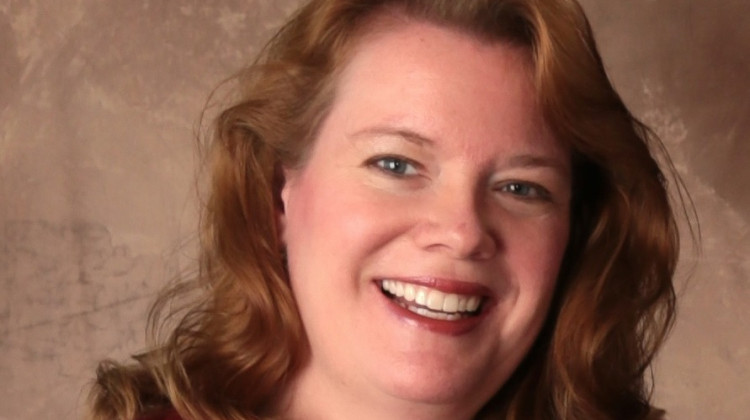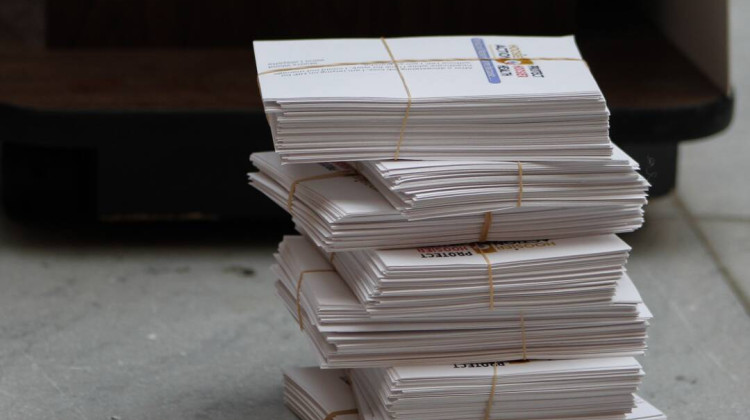A governor-approved bill that would give Indiana counties and municipalities the ability to set up their own syringe exchanges passed its first hurtle, clearing the House Committee on Public Health Wednesday afternoon.
Currently, local and regional governments need the state health commissioner to declare a public health emergency before counties can establish their syringe exchange programs. The new bill still does not allow the state to fund the programs, and communities would still have the option to establish exchanges through the state approval method.
Governor Eric Holcomb has expressed support for the bill.
Attorney General Curtis Hill testified in opposition, citing public safety concerns. Hill argued giving counties the option to create the programs would flood the state with needles, which would heighten the risk of exposure to drugs.
“The current needle exchange program may be well intended, but it has evolved into a needle give-away,” he says, “utimately contributing to more syringes being passed around and shared in our communities.”
But the new State Director of Drug Prevention, Treatment and Enforcement Jim McClelland refuted this claim.
“Nationally there have been no studies that indicate syringe exchange programs increase drug use,” says McClelland. “Indiana’s effort has been effective in slowing the spread of Hepatitis C in this state.”
And Rep. Charlie Brown (D-Gary) criticized Hill directly. Brown noted Hill left right after he spoke and the Attorney General’s office had already sent out a press release.
“I get very suspicious that he comes in here without facts and walks out the door and there’s a press release out on his testimony here today,” Brown says. “Does that indicate he has an interest in the program, or he’s interested in making headlines?”
State Health Commissioner Jerome Adams spoke in support of the new measure, saying in the early days of syringe exchange programs, or “SEPs,” the public declaration seemed necessary to convince counties and municipalities to get on board. But now, he says, it just wastes time, setting the wheels in motion for treatment after multiple people become infected with diseases such as HIV and Hepatitis.
“We’re to the point now where folks—everyone—recognizes it’s an emergency,” says Adams. “We don’t need the health commissioner anymore to say this is an emergency, they can look in their local newspaper and see the overdose rates. Quite frankly, I think we’ve evolved.”
Adams also said the state doesn’t “give out” needles—they’re funded through local health agencies and non-profits. Adams added in Scott County, 96 percent of needles distributed were returned through the exchange.
 DONATE
DONATE







 Support WFYI. We can't do it without you.
Support WFYI. We can't do it without you.